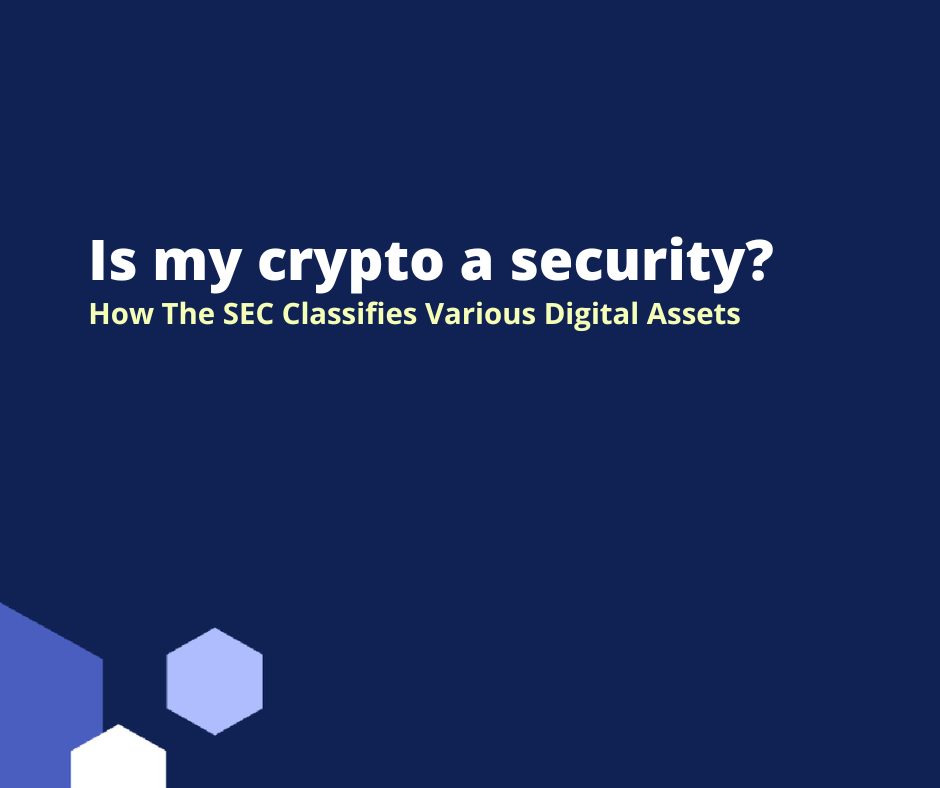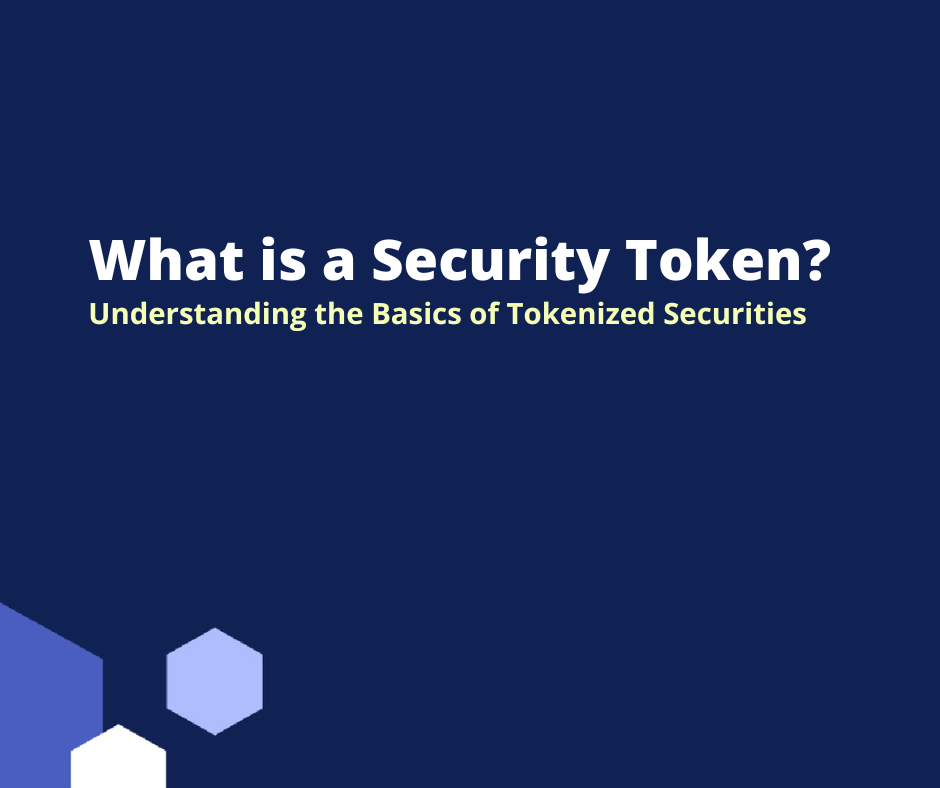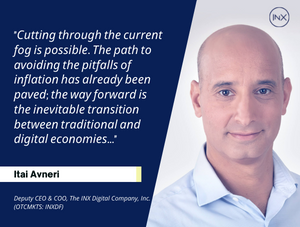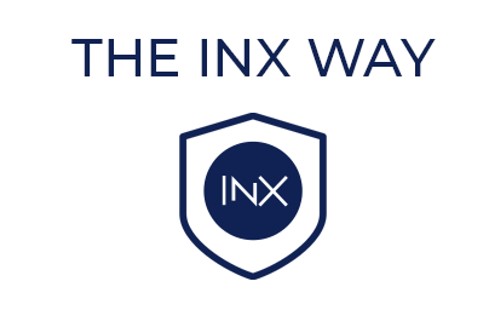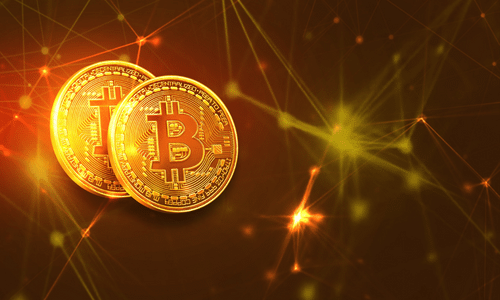Getting to Know Digital Security Trading

What is Digital Security?
Digital securities are digital representations of an asset that is a security. The most commonly seen digital securities are smart investment contracts – where ownership is verified and recorded on a digital ledger (blockchain). These are often referred to as security tokens. Digital securities are subject to the same regulations and laws as traditional securities, which could represent any of the following:
- A share in a company
- A portion of a note
- Another debt security
- Fractionalized interest in underlying assets or a bundle of assets (real estate, EFTs, artwork, etc.)
Traditional Types of Securities
In the financial world, securities are fungible and tradable instruments used to raise funds in both private and public markets. Traditional forms of securities include:
- Equities – ownership stakes in private companies or public companies
- Debt – bonds
- Hybrid – combines the attributes of equities and debts – like convertible bonds and preferred stocks
| Equities | Ownership stakes in private companies or public companies |
| Debt | Bonds |
| Hybrid | Combines the attributes of equities and debts – like convertible bonds and preferred stocks |
Most financial derivatives (options, futures) are considered securities. Although commodities are not generally listed under this category, commodity-based derivatives find themselves under the securities tab – oil, gold, and cryptocurrency, for example. With much of the financial world going digital, it was only a matter of time before securities joined the growing sectors dealing with crypto, like decentralized finance (DeFi) and the use of non-fungible tokens (NFTs).
The securities market is big.
No, the securities market is huge – with even more acceleration expected in the coming years.
In 2021, data from the Securities Industry and Financial Market Association (SIFMA) showed the total outstanding debt (securities) totaling $119 trillion – with the global stock market size worth an estimated $90 trillion in 2020.
Understanding Digital Securities
When looking at traditional securities and digital securities – the biggest difference between the two is the digitization of the security. You will find that many of these digital securities fall in line with the traditional ones, just in a different format:
| Equities | Digital securities that are representative of equity provide the ownership rights to the asset. Whether about a stake in private firms or a public company share – these are the most popular type of security tokens on the market today. |
| Equities – Tied to Specific Cash Flows | The INX token is an example of this type of equity. The token has security and utility benefits for its holders. As a security, it provides mandatory profit share and liquidation preferences. As a utility, it is a medium of exchange and staking. |
| Bond | When holding bond security tokens, the investor has the opportunity to gain the benefits of a fixed income, usually in the form of interest payment, over a predetermined period of time, while the issuers can raise capital in more efficient ways |
| Real Estate | Real estate-related assets linked to equity or debt are securities. Blockchain can tokenize property assets into fractions, with the resulting digital tokens representing fractional ownership. The fractional shares are digital securities. The technology can also be used for tokenizing income streams from real estate like rent. |
| Commodities | Commodities aren’t necessarily seen as securities unless they fall into the category of these commodity-based assets – gold, oil futures, and cryptocurrency (options, swaps, etc) |
One Thing to Keep in Mind About Digital Securities
When it comes to digital securities, do not confuse them with synthetic assets. Synthetic assets are more speculative token investment products, whereas digital securities are regulated and reside on the blockchain.
How Digitization Benefits the Securities Market
When you take on securities, most of these are either on paper or kept in book entry form on a database somewhere. The reality is that these can be hard to access at times and they are often slow to update. This can mean that the ownership is not always straightforward. There are advantages to having these assets digitized.
- Availability for Increased Liquidity – rule of thumb: digital securities are designed to be liquid. Trades and settlements happen almost instantaneously, with the cap tables maintained and accessible on the blockchain.
- Efficiency and Lower Costs – the maintenance of a digital system only costs a fraction of what traditional securities cost. With regular software updates, there is very little disruption compared to paper-based systems.
- Coded Compliance – you can program digital securities, meaning that you can design them via smart contract technology to comply with the jurisdiction in which they are being traded, which also facilitates the use of cross-border trade.
- Increased Accessibility – a reduction in transaction costs for digital securities allows for lower minimum investment amounts (including shorter periods); this opens the door to more investors at a global scale.
An uptick in digital securities helps the issuers recognize the benefits of using digital securities in lieu of paper-based. The use of digital securities has already been used in many different situations successfully.
INX and Trading Digital Securities
The INX Digital Company, Inc. provides investors with the ability to trade their digital securities, all on a secure platform. Exclusively from INX Securities, LLC, a FINRA/SIPC registered broker/dealer, the platform focuses on digital securities and INX token trading. Unlike some platforms, INX does not require you to be an accredited investor to open your account. There are some digital securities on the platform that will require this status but that is strictly based on the issuer’s own internal requirements.
To trade digital securities on the platform, the buyer must have enough US currency in their trading account to fund the order – there is currently no other FIAT currency accepted. When the order is matched, settlement instructions are then sent to the blockchain, moving tokens to the buyer’s wallet. Sellers are required to have the correct amount in their Metamask wallet to fund the order.
INX Securities, LLC makes trading digital securities possible – one transaction at a time.
The INX Digital Company inc. August 1, 2022
The INX Digital Company inc. is a content writer and strategist for B2B SaaS companies. She writes content that helps brands convert visitors into paying customers.
